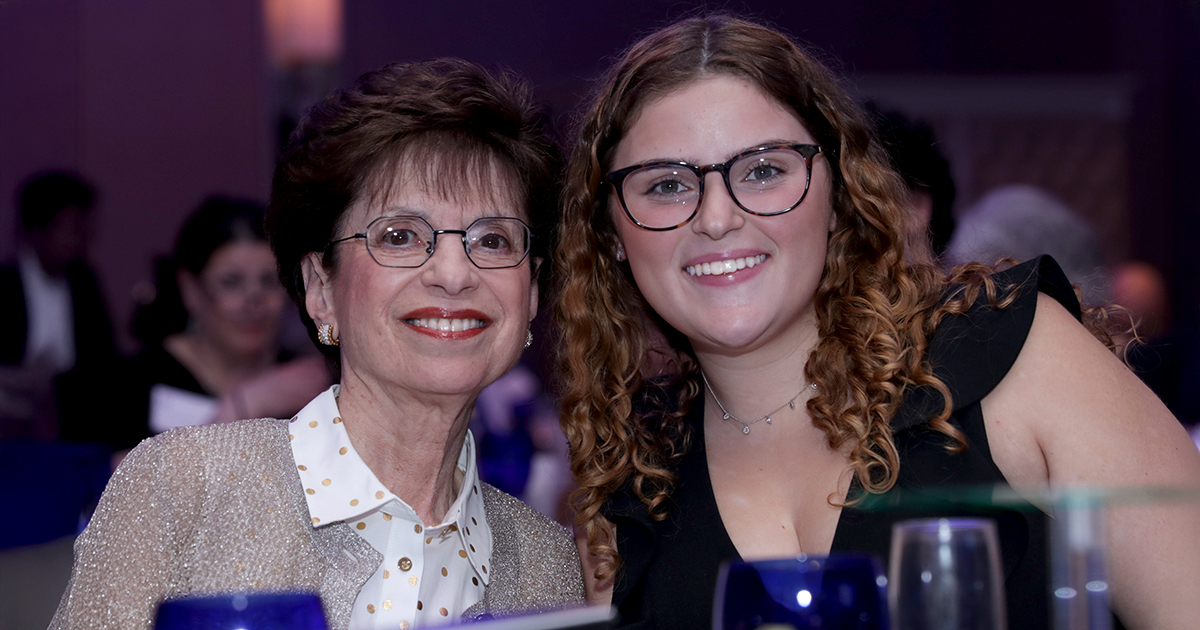Rely Alon, PhD, the new director of the Hadassah Medical Organization’s Division of Nursing and Health Professions, has a vision: “to position Hadassah’s nurses to be in the forefront of nursing leadership in Israel.”
How does she plan to bring this vision to fruition? Dr. Alon believes that nursing relies on the values of partnership, excellence in quality of care, transparency, and innovation. Among her many goals are: investing in her nurses, by offering them more leadership courses so they acquire the knowledge they need and can then, in turn, become role models for nurses in other hospitals; promoting nurse practitioners into leadership roles; involving nurses as researchers, including collaborative research with Hadassah’s physicians; establishing a research and innovation center, and more.
Dr. Alon explains that the Simulation Laboratory, which is in the plans for the reimagined Round Building renovation, will be a most important addition to a Hadassah nurse’s education. In this laboratory, nurses can apply their knowledge and practice their skills--whether it is administering an injection or communicating with patients and families.
Embracing the nursing values of partnership and excellence in quality of care, Dr. Alon intends to merge both of Hadassah’s nursing administrations (at Hadassah Hospital Ein Kerem and Hadassah Hospital Mount Scopus) to create a standardized work plan and nursing policy in line with Hadassah’s vision and strategy.
As for the nursing shortage in Israel, Dr. Alon acknowledges that Hadassah, as well as other hospitals in Israel, need more nurses--especially in the oncology field. To address this challenge, Dr. Alon, along with her administrative colleagues, created a recruiting and retention plan for Hadassah’s nurses. Recognizing the crucial importance of tackling this issue, she, herself, goes into nursing schools to incentivize nurses to come to Hadassah. During these sessions, she asks nursing students what their career ambitions are; what their dreams are; and how they want to fulfill their professional goals. By the same token, if she hears that a staff nurse wants to leave Hadassah, she meets up with her privately to find out the reason and attempts to find solutions. “I strive to make the nurses’ career dreams come true,” she says.
Dr. Alon’s vision also includes gender quality, which she hopes to reach by recruiting more male nurses. Currently, only 13 percent of Hadassah’s nurses are men. “I hope in two years’ time we will have over 20 percent male nurses,” she says.
As a midwife, Dr. Alon personally improved nursing care through her research into male infertility. She found that “men who are unable to have children suffer greatly and yet no one was talking or listening to them about their infertility.” She realized that “there is much room to improve quality of care and service by nurses, particularly among the orthodox men, who are often too embarrassed to talk about infertility.” In addition, she notes, that there is a lack of nurses in the In Vitro Fertilization clinics, and this needs to be remedied.
Dr. Alon, a graduate of the Hadassah-Hebrew University Henrietta Szold School of Nursing, has been the director of the Division of Nursing for only four months. She came to Hadassah because “Hadassah is one of the best hospitals in Israel, in terms of medicine, compassionate care, and research,” and is eager for the challenge to bring her visions to reality.



.svg)





